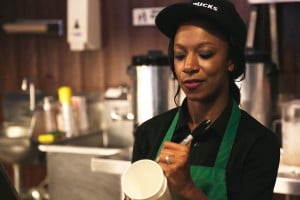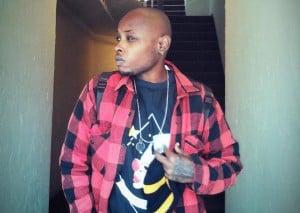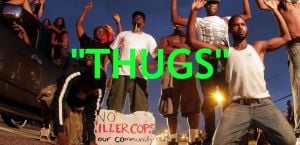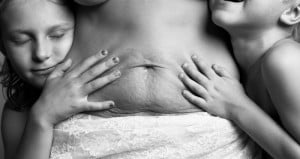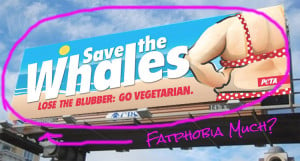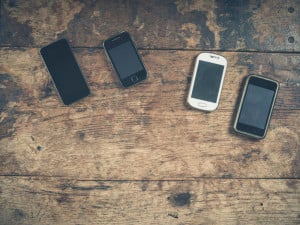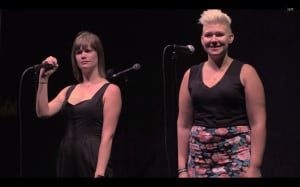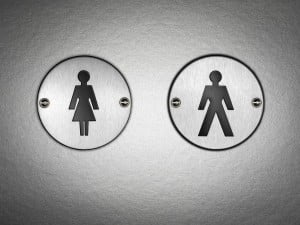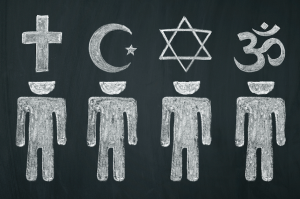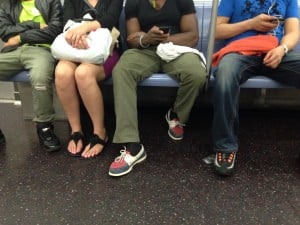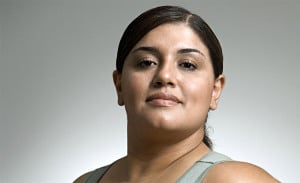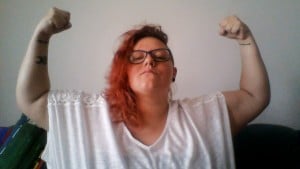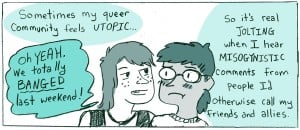Originally published on The Body Is Not An Apology and republished here with permission.
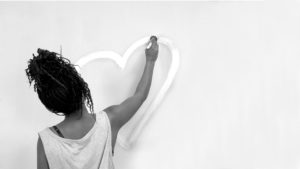
Shot of someone from behind painting a white heart on a grey wall.
(Content Note: mention of racist violence, suicide)
Whenever I come into a new space, there’s always a sense of nervousness and anticipation.
From the time I was small and up until now, I was painfully shy in new settings, took time to come out of my shell, and struggled to relate to other folks my age.
Finding community that looked like me was even more challenging, which made finally finding it that much more meaningful.
I remember the excitement of entering spaces with activists, artists, youth workers, and queer folks of color after a lifetime of not seeing myself reflected anywhere else. I came to realize that much of my earlier silence and shyness came from not being allowed to bring all of myself where I went. But when I discovered sacred community, walls slowly began to come down.
I have connected with fierce activists and chosen family in whose presence I am made better. Like most relationships worth having, being in community is not always (or often) easy. In my circle are people who challenge me to grow, who will collect me when I need to be collected, who expand my political and world views, and who actively live the principles of love and tenderness. (In other words, #squadgoals.)
“Tenderness” is something I write about a lot because I’ve always been called tender or hypersensitive, and up until recently I wanted very badly to change that part of myself.
Tenderness is often seen as frailty and as a weakness, especially in the violently oppressive context we live in. But when it comes to building true and sustainable communities of oppressed people, it is a virtue.
Tenderness isn’t just a state of how we react or don’t react to what people say and do to us – it’s about how we choose to treat other people. And that starts with how we treat ourselves.
1. Tenderness at Home: Loving Ourselves
There’s this thing that happens in social justice movements that’s been happening since the beginning of time. Activists throw themselves wholeheartedly into “the work” because “the work” is with the people. Their entire self becomes wrapped up in the movement.
Stakes are high, people are being pushed out of their homes and being killed, and our commitment to liberation has to be unwavering and put above all else.
I appreciate the revolutionary commitment of these beliefs, from the lips of my grandparents and from the courage of Black Panthers. But I wonder how it is possible to give ourselves fully to “the people” when we’re not our whole or full ourselves.
The art of loving ourselves is difficult because, as I wrote recently, there are no tools to teach us how to love ourselves, but there are plenty of pressures to prioritize care for others.
And yet, I’ve often found that not only does neglecting to care for myself adversely impact my health and well-being – it also means that I can’t show up in community the ways I want to.
When I speak about self-care, I’m not thinking of the privileged way it’s sometimes portrayed – expensive vacations and retail therapy. I’m talking about the importance of recognizing and healing our trauma, especially as oppressed people and activists.
Being a Black person living in the constant context of anti-Black racism is traumatic. The backlash and hatred activists receive for speaking out against oppression has a cumulative impact. Losing loved ones in our community to state-sanctioned violence and to suicide is traumatic. Pausing to care for ourselves does not take away from our ability to be present for community – it increases it.
Doing “the work” of social justice movements and being in community necessitates an unwavering commitment to tending our wounds in between marches.
2. Treating Our Community as Our Teachers
There are people in my community who don’t like me. And there are some that I haven’t had the best impressions of, either. But I still consider them my community regardless.
To me, those who are struggling to get themselves and their people free from oppression are my community, whether I’ve met them or not. And whether or not we agree on how and why we get free.
I can understand the unapologetic dismissiveness that’s become commonplace in many activist communities. Personally, I work hard to resist waving people off like they’re nothing more than an unwanted thought because they messed up my gender pronouns or “don’t get down how I get down.”
“Something so-and-so said didn’t rub me the right way, so there goes all possibility of any further conversation.” Not only is this not helpful in sustaining (or even beginning) potentially transformational relationships, it also suggests that “our way” of doing things is the “right” way, and we’ve figured everything out. And this limits our ability to learn and grow from people who move through the world differently.
When we are tender with our community, even those we don’t agree with or have had disputes with, we are committing to longer lasting and stronger coalitions.
There’s a difference between struggling to understand someone’s behavior and being taken advantage of, though. We can understand what our limits are. And when it’s no longer healthy for us to engage with someone (or multiple someones), we can create the necessary boundaries needed to occupy shared space.
As I’ve said before, tenderness is often seen as a weakness, but it’s anything but. When I think about the patience, love, and openness it takes to still be open to learning from those who’ve argued with us or who’ve even hurt us – it feels like the revolutionary strength we need to get free.
That said, please note that these examples are referring to day-to-day conflict that is political in nature – I believe that interpersonal conflicts involving abuse (which also happens in political communities) are a lot different.
3. Expanding Our Ideas of Service and Liberation
Part of my initial hesitation to enter activist community was my shyness. But the other part was that I had in my mind a certain archetypal spokesperson who was charismatic, convincing, and outspoken. They were at the head of the protests, on the news, or speaking eloquently into a bullhorn – and I didn’t picture myself doing many of those things.
It didn’t occur to me in my younger years that activists were as diverse as the communities we served – full of soft-spoken, quiet leaders and healers and behind-the-scenes geniuses.
Although my inner circles and broader community has included all types of personalities and leaders, there is still a celebratory nature to being visible, at the front of the struggle, and in the streets – sometimes to the point where others are criticized for not being involved in the same ways.
Sometimes the irony lies in being on the streets for “Black Lives Matter” or another cause when we’re not loving up on the Black people in our lives. At its worst, preoccupation with curating community and organizing only in a way that can be shared on social media can have us neglecting other areas of building with one another.
What if liberation simply boils down to the fact that we are able to survive and thrive as oppressed people? What if our daily act of service is loving up on ourselves so that we don’t enact our trauma on folks in our community? What if our moving towards freedom is bringing a friend food because they can’t get out of bed and are scared to ask for support?
Don’t get me wrong, I don’t think we should necessarily get badges of honor for any of these acts – I just argue that caring for our community in these and other basic ways are as important as how we take to the streets.
“At the risk of seeming ridiculous, let me say that the true revolutionary is guided by a great feeling of love.” —Che Guevara
[do_widget id=’text-101′]
Michal “MJ” Jones is an awkward, Black, non-binary queer educator, activist, and musician writing to you from Oakland, CA. They earned their BA in Sociology from Sonoma State University, and went on to earn an MA in Student Development Administration from Seattle University and remain committed to improving access and retention to higher education. Listen to their music or read more of their work. Follow them on Twitter @JustSayMJ and read their Everyday Feminism articles here.
Search our 3000+ articles!
Read our articles about:
Our online racial justice training
Used by hundreds of universities, non-profits, and businesses.
Click to learn more





